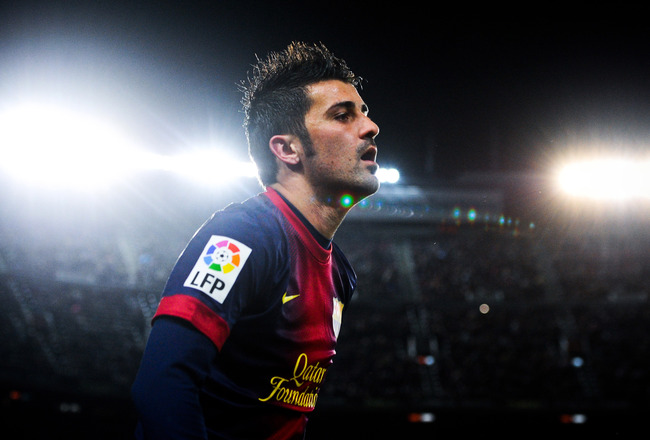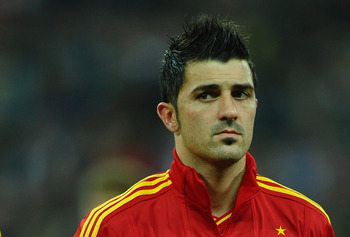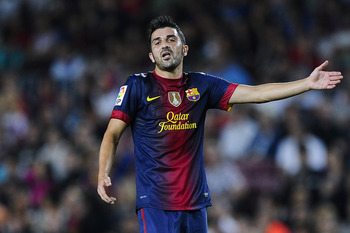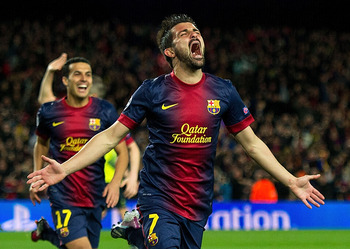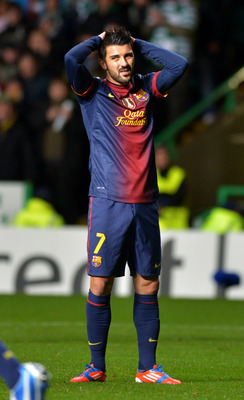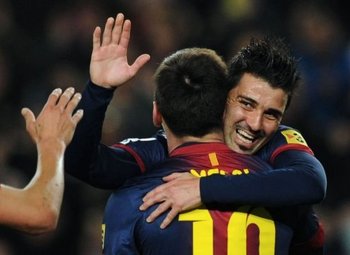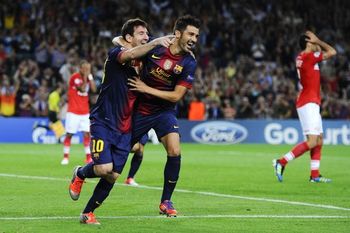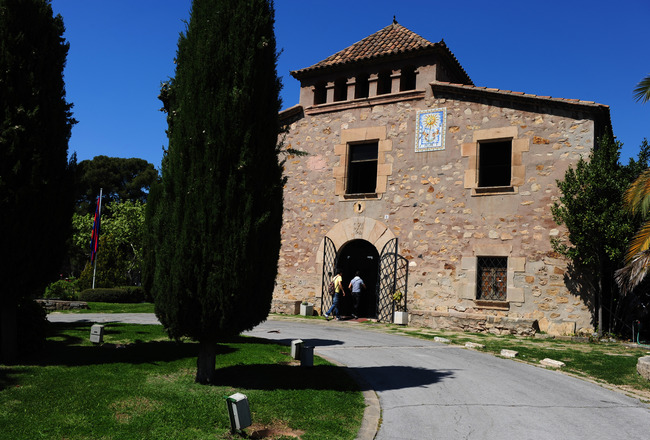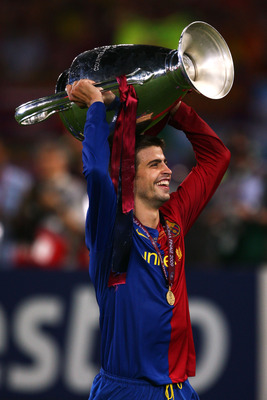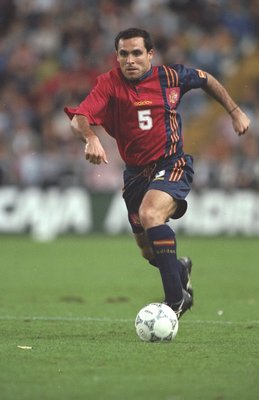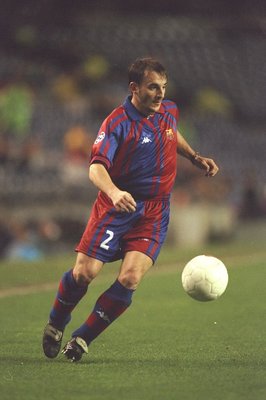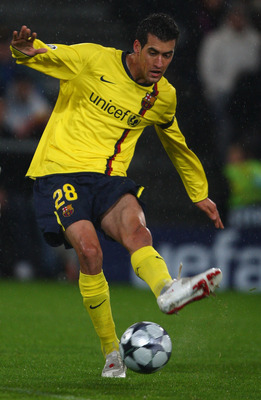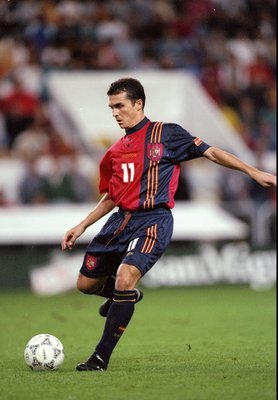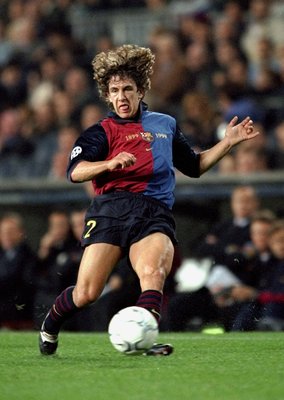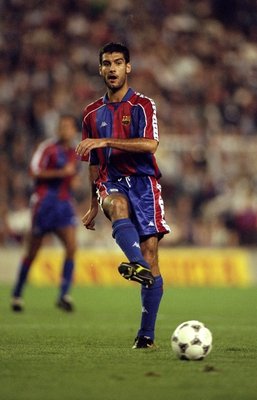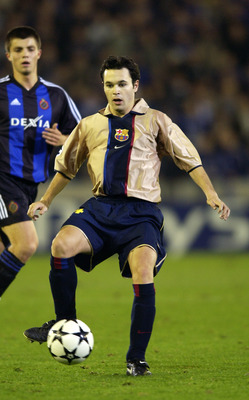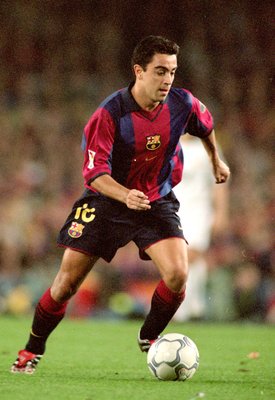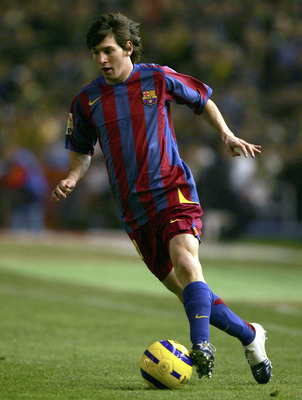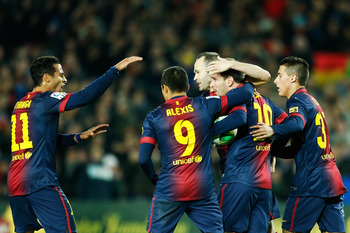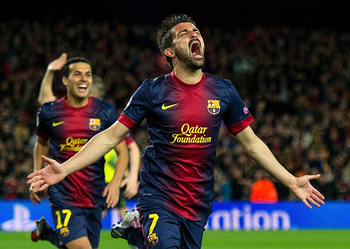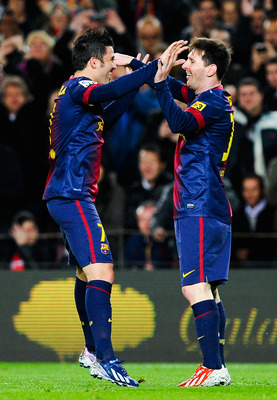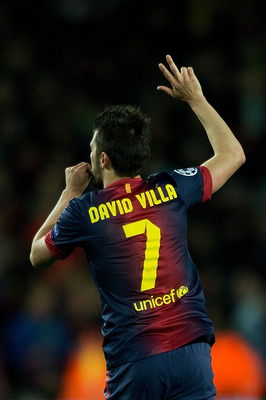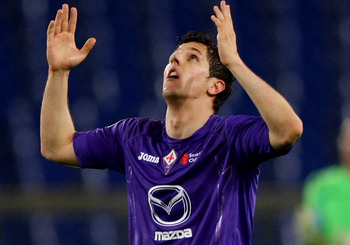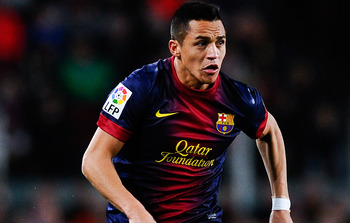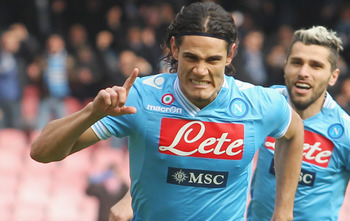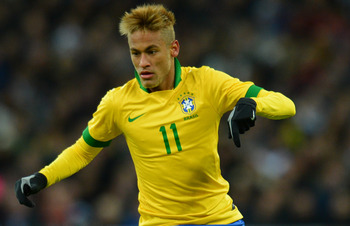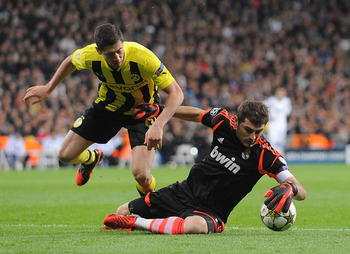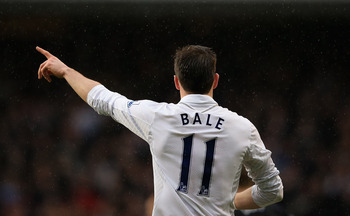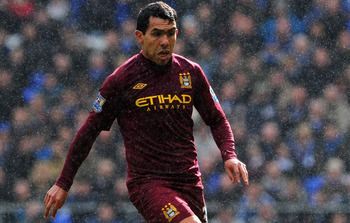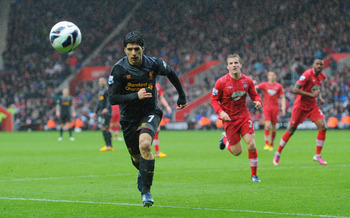Arsenal fans are rallying together to cheer their team on in the final dash for top-four finish.
The
expression "Come on You Gunners" is often on their lips, and for those
who are geographically situated in North London, this isn't merely sport
fanaticism (which by the way is normal within reasonable parameters),
but a matter of old-fashioned tribal rivalry.
As we know, football
(and sport in generally) has as much to do with community as anything
else: Cue the Olympics, for example, and the pride they brought to the
British people last year. But even for those who are not so lucky to
live in London, pride, still, is at stake.
All Gooners want to
believe that despite the problems, the Gunners still have it in them.
Accordingly, they want to put aside the apparent internal problems and
pull together in the interest of success—whatever of it there still is
left to be had.
Although this passion from Gooners
is welcome, a big "if" lurks underneath all of this. Given the fact
that Arsenal faced a similar problem last year, one would have expected
better this time.
After all, are we not supposed to learn from our mistakes? And are we not taught that experience makes us wiser?
The
fact that Arsenal's season has followed a similar trajectory as last
year's testifies rather unfavorably to the fact that the club did not
learn any lessons from last season, the reason why the fans are once
again subjected to a situation where they are hoping against hope.
 Gooners continue to cheer and hope.
Gooners continue to cheer and hope.
Julian Finney/Getty Images
But what are the lessons that the club refused to learn from last season?
First
of all, you cannot hope to achieve anything very tangible if at the
beginning of the season you are scrambling to build a new team. This
singular fact has undermined Arsenal's quest for silverware in the last
seven years, a period within which
Arsene Wenger has had to rebuild the team at least three times.
First, there was the big rebuilding after the disbandment of the
Invincibles, a great deal of which had to do with moving to a new ground and finding ways to live within modest means.
This project—the focus on youth and building within rather than buying big-name stars—would ultimately collapse due to the
Manchester City
factor. Within a few years, City would lure away a number of Arsenal
players on the promise of better wages. Out went Emmanuel Adebayor,
Samir Nasri, Gael
Clichy and one may add Kolo Toure to the list.
And
what's more, Cesc Fabregas, around whom the new rebuilding project had
centered, got homesick and left for his home country, and Just like
that, the team’s big potential had dissipated like mist.
The loss of Cesc Fabregas and
Samir Nasri on the eve of last season dealt a severe blow at once to the Arsenal project, to
Wenger's hope and aspiration and to Arsenal's chances for silverware. The 8-2 mauling at
Manchester United, the 4-3 loss at
Blackburn Rovers and the 2-1 loss at
Tottenham Hotspur were just a few of the immediate symptoms of the problem.
If ever a man was undercut, what happened to
Wenger last year in the loss of these players is a prime example.
This massive setback constrained
Wenger to rush into the transfer market to make last-minute purchases (the delay in buying players was largely
Wenger's)
and to build a new team on the fly. The fact that he succeeded in
guiding the team to a third-place finish is a massive achievement,
something his detractors have failed to appreciate.
This was the
second rebuilding project—the heart of the midfield, having been torn
out, needed to be replaced. This, unfortunately, happened in the middle
of the campaign, severely hampering Arsenal's chances at a trophy.
The
fact that Arsenal had experienced this problem would tempt one into
thinking that the club would struggle hard to avoid a repeat of the same
problem in successive seasons.
Alas, this wouldn't be the case.
As
though to give the impression they had enjoyed the traumatic experience
of the season before, Arsenal sold the next two of their most important
players, Robin Van Persie and Alex Song, prompting a new rebuilding
project on the fly.
 Robin Van Persie's discontent unbalanced Arsenal.
Robin Van Persie's discontent unbalanced Arsenal.
While most objective persons might be reluctant to
blame Arsenal for the loss of Van Persie, the sale of Alex Song, a
player they had groomed for about six years, a player who was just then
coming into form and a player who contributed the most (barring Van
Persie's outstanding season) to enable the third-place finish was
inexplicable.
Arsenal are yet to recover from this blunder.
Many
of Arsenal's problems this season have stemmed from imbalance in the
midfield caused in part by the loss of Song, a loss that still makes my
bile rise. I see this as symptomatic of Arsenal's lack of a balanced
approach to their financial and footballing projects. You do not spend
huge resources in grooming a player, only to lose him so feebly.
If
there are disciplinary problems, then sort them out rather than hand
over one of your best players on the cheap, a player you've brought up
to understand the way you play.
It is as though Barcelona were to sell
Xavi Hernandez or Andre
Iniesta
at the first sign of discontent. These players were (and have been)
groomed in the Barcelona way and while Barcelona might get replacements
for the
Eto'os, the
Ibrahimovichs or the
Henrys, it is very difficult to find replacements for players that have painstakingly been brought up to play a certain way.
 Losing important players in recent seasons has cost Arsenal dearly.
Losing important players in recent seasons has cost Arsenal dearly.
When the Van Persie saga was at its height, it was my
opinion that Arsenal should not sell. My rationale was that were he to
rekindle the goal-scoring form that had brought him to sudden
prominence, this would only aid Arsenal, probably help them to a trophy,
a reward that would more than make up for losing him for free.
I
also reasoned that Van Persie's chances of securing a good move after
the current season would be incumbent upon his rekindling that form. As
such, I thought that he would have no choice than to give his all to the
club.
Now imagine that Van Persie had been required to stay and
fulfill the terms of his contract, and imagine that the goals he has
scored for Manchester United and the points he has earned for them have
been for Arsenal. Where would the team be right now on the Premiership
table?
Most pundits think that without Van Persie's goal for
United and the points these have brought to the team, United would
nowhere be near where they are right now on the table.
 A star player can be the difference for a team.
A star player can be the difference for a team.
By keeping him, Arsenal would have been making a
different sort of bargain; certainly a bargain that would have made
their season easier, and probably a bargain that might have ended their
trophy drought.
Another example is Gareth Bale, who has played
the Van Persie role for Spurs. Subtract his goals and the points they
have earned and Spurs would be languishing beneath Arsenal.
The
point is that star players matter. Constraining Van Persie to stay and
leaving for free afterward might probably have been worth it in the end.
Now even though the club got the liquid cash, they might end up losing
much more in the end if they fail to make top-four.
And even if
they make top-four, they still would be losing out on some solid cash.
The higher you finish on the Premiership table, the more money you get,
and, of course, the more prestige you retain, which gives you more
bargaining power in the publicity market.
Again, lack of such
calculation and the tendency to look only at the immediate cash are
major reasons why Arsenal are in the bind they are right now.
Other
factors, such as not having a consistent back line (compare this
Manchester United) and senior players in the squad (again compare this
to United and even
Chelsea), have cost Arsenal dearly in recent seasons.
Age matters in football, but it isn't just young age.
People above 30 bring a different sort of balance to a team. Imagine Chelsea last year without the likes of
Didier Drogba,
John Terry, Frank Lampard and even Solomon Kalou. Would they have
salvaged their season the way they did, managing to win a double in one
of their supposedly worst seasons?
 Not retaining senior players hasn't helped Arsenal either.
Not retaining senior players hasn't helped Arsenal either.
I doubt they would.
To summarize: An eye on liquid cash has led Arsenal into the current situation.
Additionally,
lack of consistency in terms of retaining a few senior players in the
squad, especially in defense and the midfield, hasn't help Arsenal's
cause at all. And constant rebuilding has become a frustrating fact at
Arsenal, a fact that has resulted in the return of last season's
problem.
Now, only too eager to get rid of
Bacary Sagna (as
the signs seem to indicate) means Arsenal will continue their tradition
of getting rid of experienced players, thereby ensuring that lack of
continuity will remain a factor that undermines the team.
And I don't have to be cynical to know that come summer, Arsenal will suddenly find that there's no "quality" out there to sign.
I remain a
Wenger
fan, and I think the move to the Stadium has done the club a world of
good; I also understand that this factor has contributed to the club's
trophy drought.
This said, I expect a tangible change in the
coming season. Without this, next season will only be a repeat of the
current one, where frustration will build on frustration.
=========================================================================

